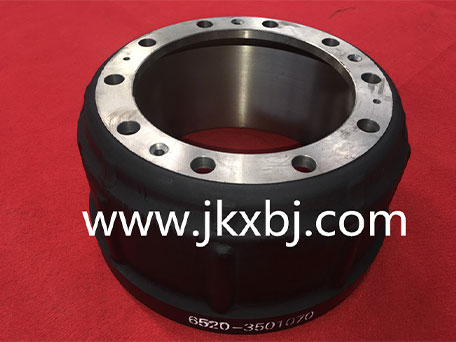

High-Quality Metal Washers for Industrial & Commercial Applications
9月 . 06, 2024 00:58 Back to list
High-Quality Metal Washers for Industrial & Commercial Applications
The Importance of Metal Washers in Engineering and Manufacturing
Metal washers are fundamental components in various engineering and manufacturing applications. Despite their simplistic appearance, they play a crucial role in enhancing the performance, longevity, and reliability of mechanical assemblies. Understanding their functions, types, and applications can help industries optimize their use in diverse projects.
At its core, a metal washer is a flat, typically disc-shaped piece of metal with a hole in the center, used to distribute the load of a threaded fastener, such as a bolt or nut. The main purposes of washers are to prevent damage to the surface materials, provide a better seal, and reduce wear or corrosion between parts. When a bolt is tightened, the washer helps to create a larger bearing surface under the head of the bolt, thus distributing the load evenly. This is particularly important in applications involving softer materials that might deform under pressure.
metal washers

Metal washers come in various types, each tailored for specific applications. Flat washers are the most common, providing simple load distribution. Lock washers, on the other hand, are designed to prevent loosening under vibrational forces. Another type, the fender washer, has a larger outer diameter than standard flat washers and is used to cover larger holes and distribute the load over a wider area. Additionally, there are specialty washers, such as sealing washers, which are used in plumbing and fuel applications to prevent leaks.
The choice of material for metal washers is also significant. Common materials include stainless steel, carbon steel, and aluminum, each offering unique properties. Stainless steel washers are highly resistant to corrosion, making them ideal for outdoor or marine applications. Aluminum washers are lightweight and resistant to corrosion, making them suitable for aerospace industries. Meanwhile, carbon steel washers are known for their strength and are often used in heavy-duty applications.
In conclusion, metal washers are essential components that contribute significantly to the strength and durability of mechanical structures. Their varied types and materials allow for tailored solutions across different industries, enhancing the efficiency and safety of equipment. As engineering and manufacturing processes continue to evolve, the role of metal washers remains pivotal in ensuring the integrity of fastened connections. Investing in quality washers can lead to improved performance outcomes and reduced maintenance costs over time, making them a worthwhile consideration for any engineering project.
Latest news
-
Hot Dip Galvanized Bolts-About LongZe|High Strength, Corrosion Resistance
NewsJul.30,2025
-
High-Strength Hot Dip Galvanized Bolts - Hebei Longze | Corrosion Resistance, Customization
NewsJul.30,2025
-
Hot Dip Galvanized Bolts-Hebei Longze|Corrosion Resistance&High Strength
NewsJul.30,2025
-
High-Strength Hot-Dip Galvanized Bolts-Hebei Longze|Corrosion Resistance&High Strength
NewsJul.30,2025
-
Hot Dip Galvanized Bolts-Hebei Longze|Corrosion Resistance&High Strength
NewsJul.30,2025
-
Hot Dip Galvanized Bolts - Hebei Longze | Corrosion Resistance, High Strength
NewsJul.30,2025

